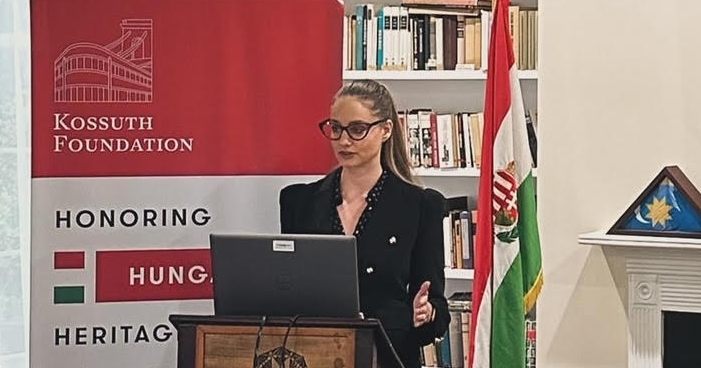We have a nationwide practice that focuses on helping companies and individuals across a broad array of industries to protect their human and intellectual capital
Our Non-Compete & Trade Secrets practice counsels companies and individuals about the legal issues surrounding post-employment restrictive covenants and trade secrets when individuals or groups of individuals move from one employer to a competitor. We help our clients nationwide, across all industries, to develop protective policies, procedures and agreements, to identify and minimize the risks of litigation from a contractual and data perspective when hiring new personnel, and to protect their human and intellectual capital when employees leave.
When one of our clients loses a key employee, we quickly strategize with our clients to assess any faithless pre-departure conduct, communicate with the former employees and his or her new employers about any contractual restrictions that prohibit the former employee from engaging in certain post-employment conduct, determine whether any trade secret or confidential information has been compromised, and, when necessary, take aggressive legal action to protect our clients’ competitive interests, including through temporary restraining orders, preliminary injunctions, and expedited discovery.
When representing new employers and/or departing employees, we advise our clients on best practices for making the transition in a way that satisfies the employees’ fiduciary and contractual obligations. To do so, we carefully evaluate the enforceability of any restrictions that purport to prohibit the employee from soliciting clients or employees, performing services for clients, accepting business from clients, and conducting a specified type of work. We also regularly help our clients navigate the complexities of returning electronic data that belongs to the former employer, including through coordination with forensic firms. On behalf of clients who have been accused of breaching or interfering with restrictive covenants, engaging in or aiding faithless conduct, or misappropriating trade secrets, we have obtained numerous favorable outcomes, including by defeating applications for injunctive and dispositive relief, working extensively with expert witnesses to disprove damages theories, and obtaining a defense verdict in federal court after our client was accused of stealing a manufacturing process.
Because of the firm’s close work with many financial institutions and brokerage firms, we often represent our clients in arbitrations and other alternative dispute proceedings to resolve employment disputes.






